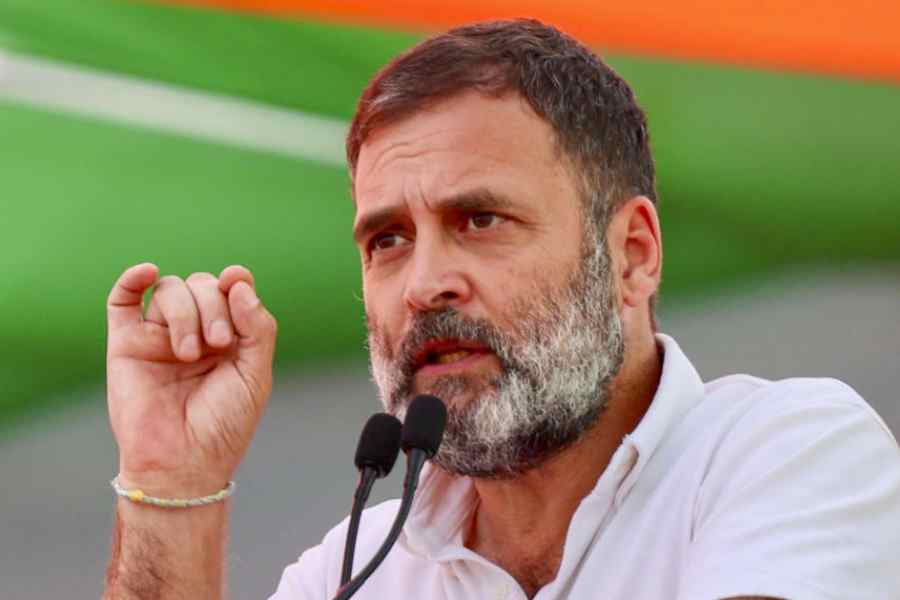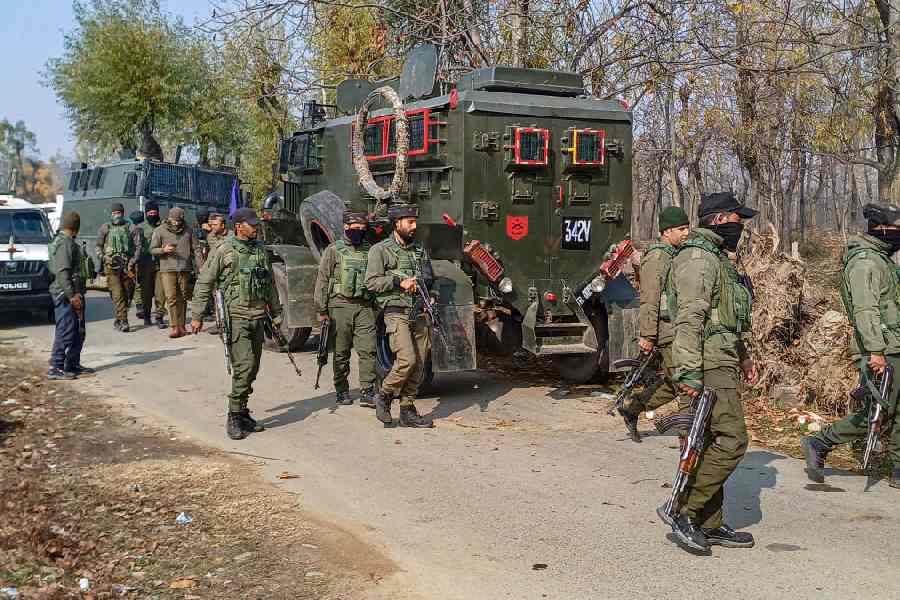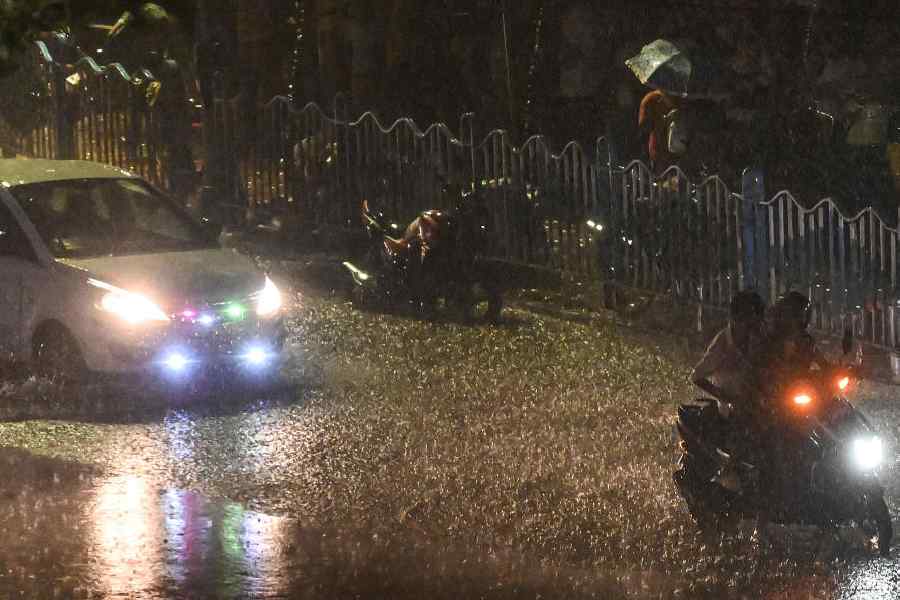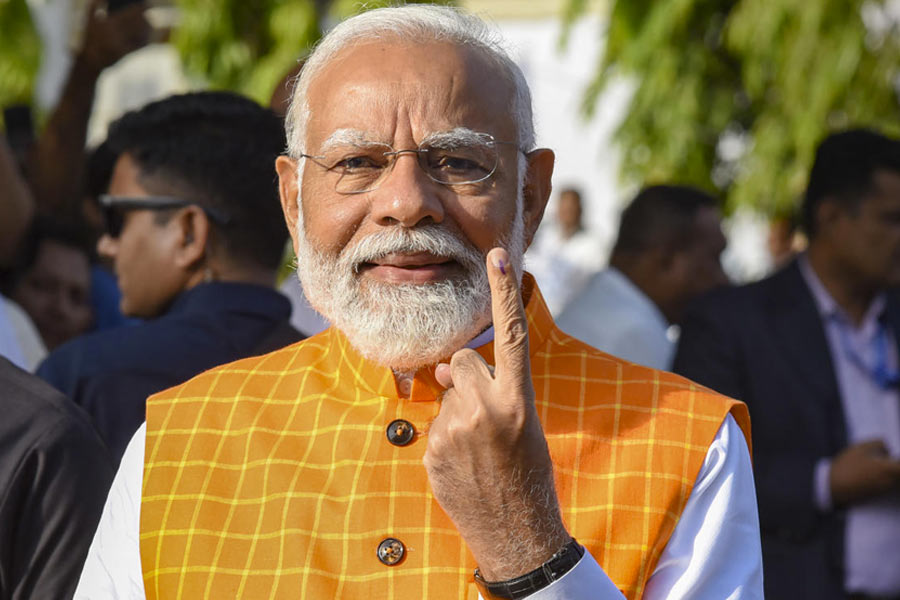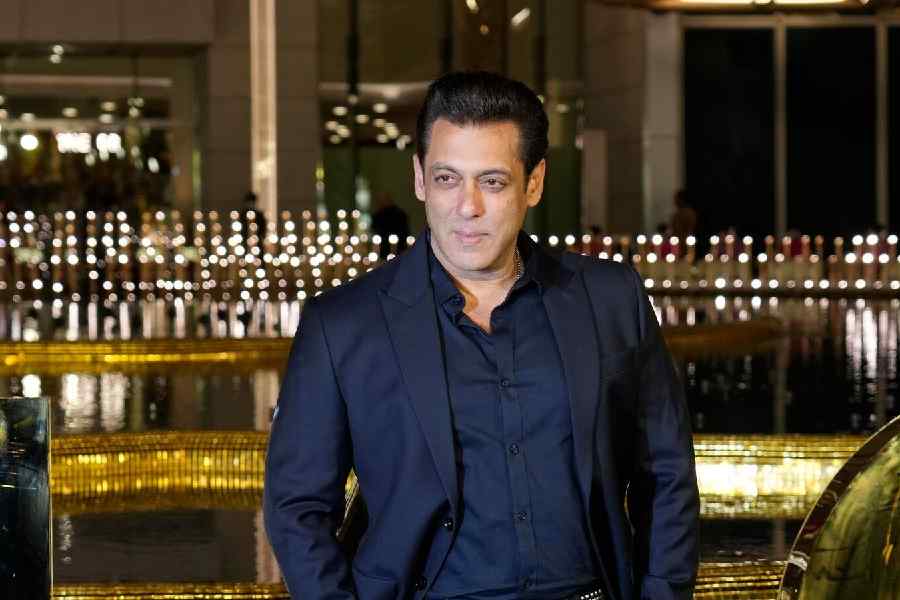Friendly note
Sir — Neighbours can often be tetchy fellows, arguing over inches of space — India and Pakistan are prime examples of neighbours who fight over land. Many people thus go out of their way to avoid any interaction with their neighbours. However, a recent incident from Bengaluru has illustrated how one can resolve a conflict without letting it devolve into violence. Subhasis Das was startled to see a polite note from his neighbour taped onto his car, asking him to park somewhere else as the latterhad been using that space for years. Netizens have marvelled at the measured tone of the letter. Maybe the foreign ministers of India and Pakistan can take notes from this interaction.
Madhurya Bhowmick, Bengaluru
Call to action
Sir — The Telegraph and the veteran scribe, A.J. Philip, deserve to be lauded for the open letter to the president, Droupadi Murmu, reminding her of her sacred oath to the Constitution and what it encompasses, both in letter and in spirit (“A reminder to President on what her oath entails”, July 2). Let us hope that it jolts the powers that be out of their collective slumber and galvanises civil society to work harder in order to preserve the social and moral fabric of the nation.
P.K. Sharma, Barnala, Punjab
Sir — We have long been told that in India, the president’s position is nominal and that, in practice, she has to act on the aid and advice of the council of ministers. However, A.J. Philip’s open letter reminding Droupadi Murmu about her oath to “preserve, protect and defend” the Constitution is a timely one. The president should not act as a ‘rubber stamp’ living in the shadow of a majoritarian government.
Amit Brahmo, Calcutta
Diversity unites
Sir — The debate over a uniform civil code raises questions about the practicality of such a law in India. ‘Unity in diversity’ does not mean that people from different backgrounds and faiths are made to conform to a majoritarian idea. The prime minister’s insistence on “one nation, one law” is thus astounding. Such an assertion promotes violent narratives of homogenous nationalism.
Muzakkir Khan, Mumbai
Headless
Sir — It is astounding that 31 state-aided universities in West Bengal are running without permanent vice-chancellors (“Full-term VCs a must: Teachers”, July 4). Ad hoc VCs cannot run a university as proficiently as a permanent one can. This impasse between the governor and the education ministry will lead to further deterioration in the standards of education in the state.
Santi Pramanick, Howrah
Sir — The squabble between the state education ministry and the governor, C.V. Ananda Bose, has led to problems in the implementation of the four-year undergraduate programme in state-aided universities of West Bengal. The lack of adequate infrastructure and funding had already hindered the proper execution of the plan under the National Education Policy. The governor and the state government should resolve their differences on this issue at the earliest.
D. Bhattacharya, South 24 Parganas
Healing touch
Sir — The point made by the editorial, “The healer” (July 5), is justified. Rahul Gandhi has indeed extended a humanitarian helping hand to Manipur at a time when the prime minister, who claims to be a humble servant of the people, has kept mum. Thousands of people have been displaced and more than a hundred killed since the conflict began two months ago. The prime minister, whatever his political priorities are, should visit Manipur to stand with those affected by the clashes.
K. Nehru Patnaik, Visakhapatnam
Harmful gifts
Sir — It was interesting to read the justification against freebies offered by Sunil Ray and Abhijit Ghosh in their article, “Against free lunches” (July 4). They have condemned freebies, like the ones doled out by the Trinamul Congress in West Bengal, as bids to influence voters for short-term political gains. They have rightly stated that these schemes harm the long-term development of the poor and may even lead to corruption at the local level.
Jahar Saha, Calcutta
Top team
Sir — The captain of the Indian football team, Sunil Chhetri, and his men deserve to be congratulated for winning the South Asian Football Federation Championship (“Gurpreet puts India in ninth heaven”, July 5). By winning the title for a record ninth time after defeating Kuwait, India have solidified their status as the pre-eminent force in South Asian football.
The victory was made more poignant by the collective vocalisation of the song, “Vande Mataram”, by the fans inside the Sree Kanteerava stadium in Bengaluru. It was encouraging to see such passionate support for the valiant efforts of the footballers in a country obsessed with cricket.
Ranganathan Sivakumar, Chennai
Sir — It is heartening to see that India were able to add another international trophy to their cabinet so soon after winning the Intercontinental Cup. Despite conceding an early goal, India regained their composure and Lallianzuala Chhangte was able to equalise against Kuwait. In the penalty shootout, Gurpreet Singh Sandhu, once again, emerged as the hero. He made a crucial save to clinch the win. The trophy will serve as a motivation for the players to continue their hard work.
Md. Imdadullah, Muzaffarpur


